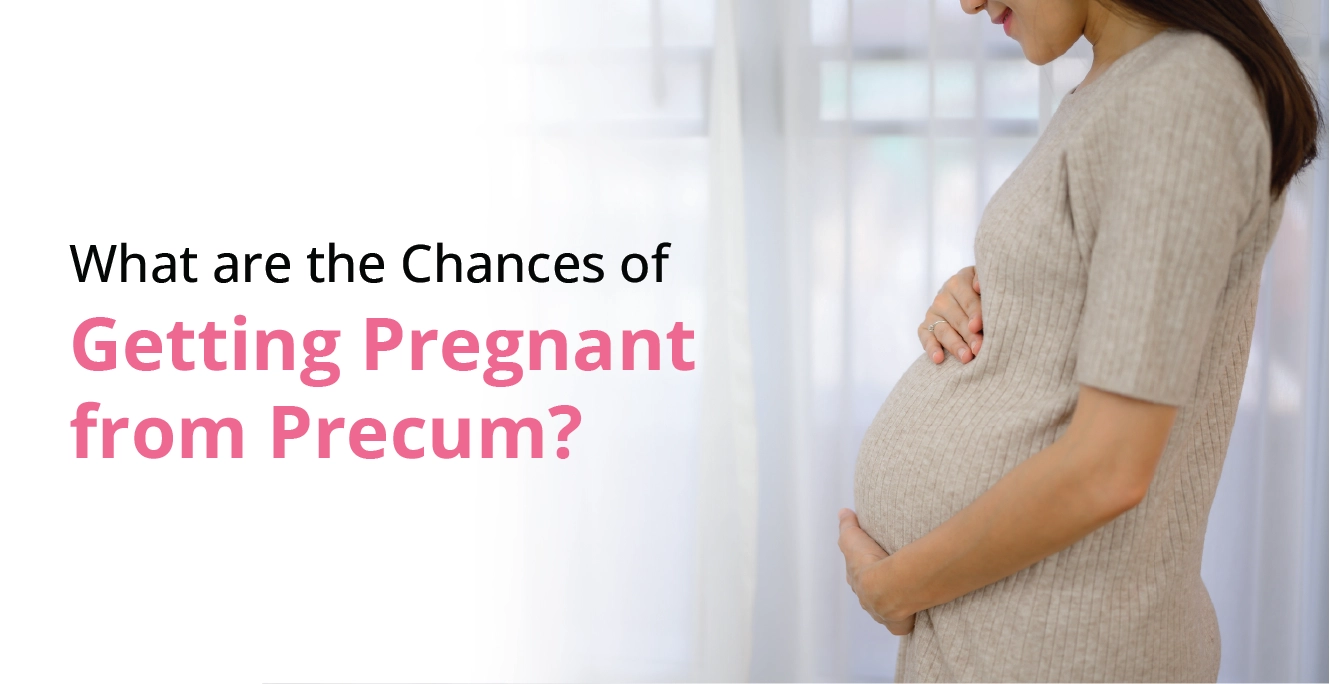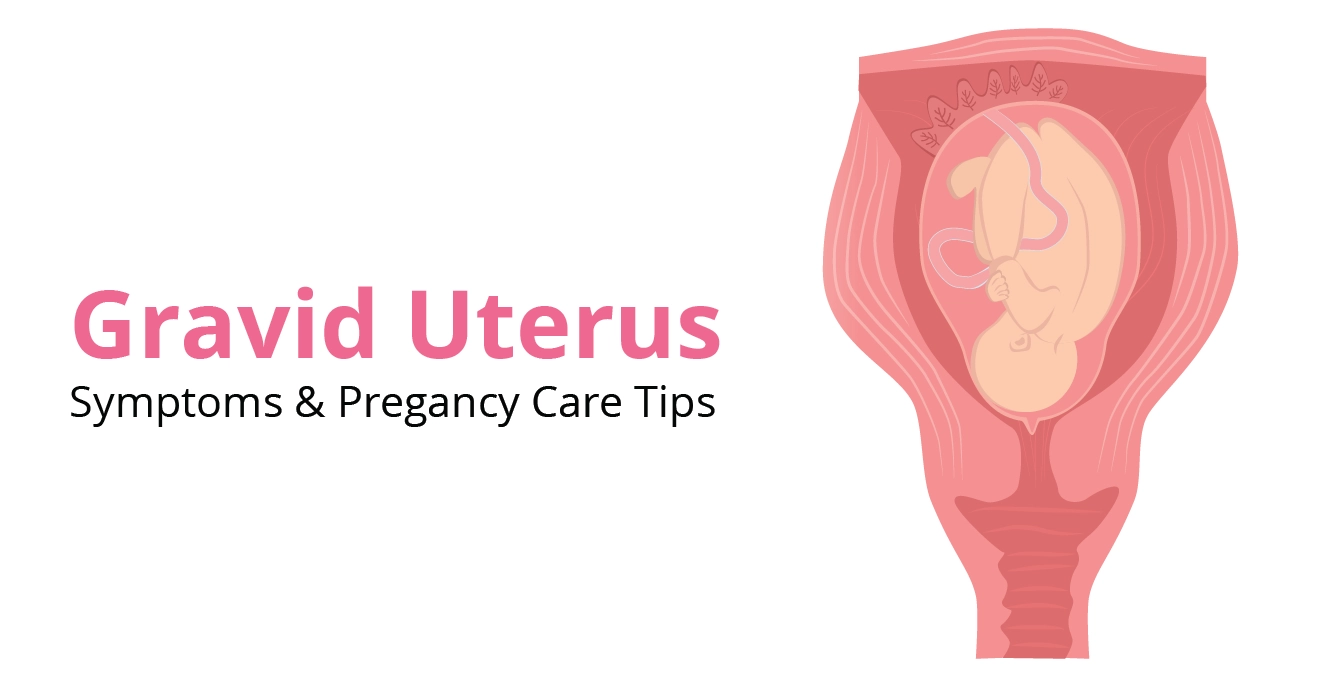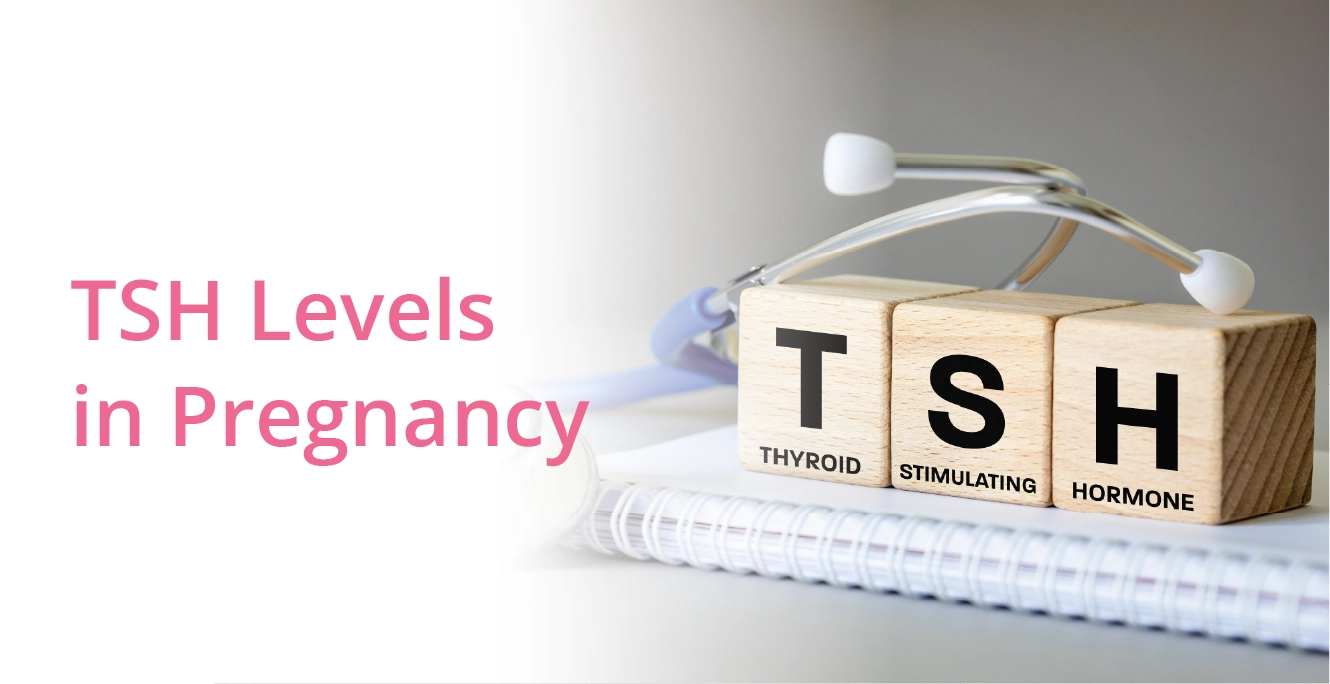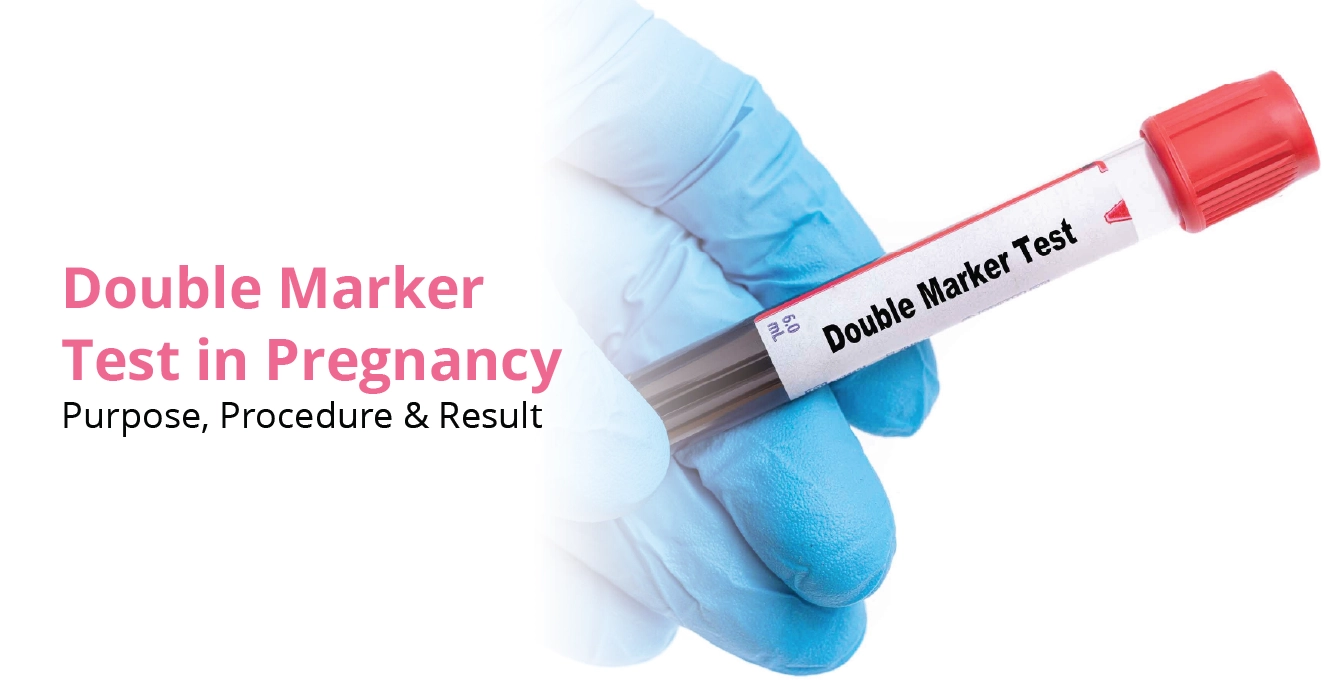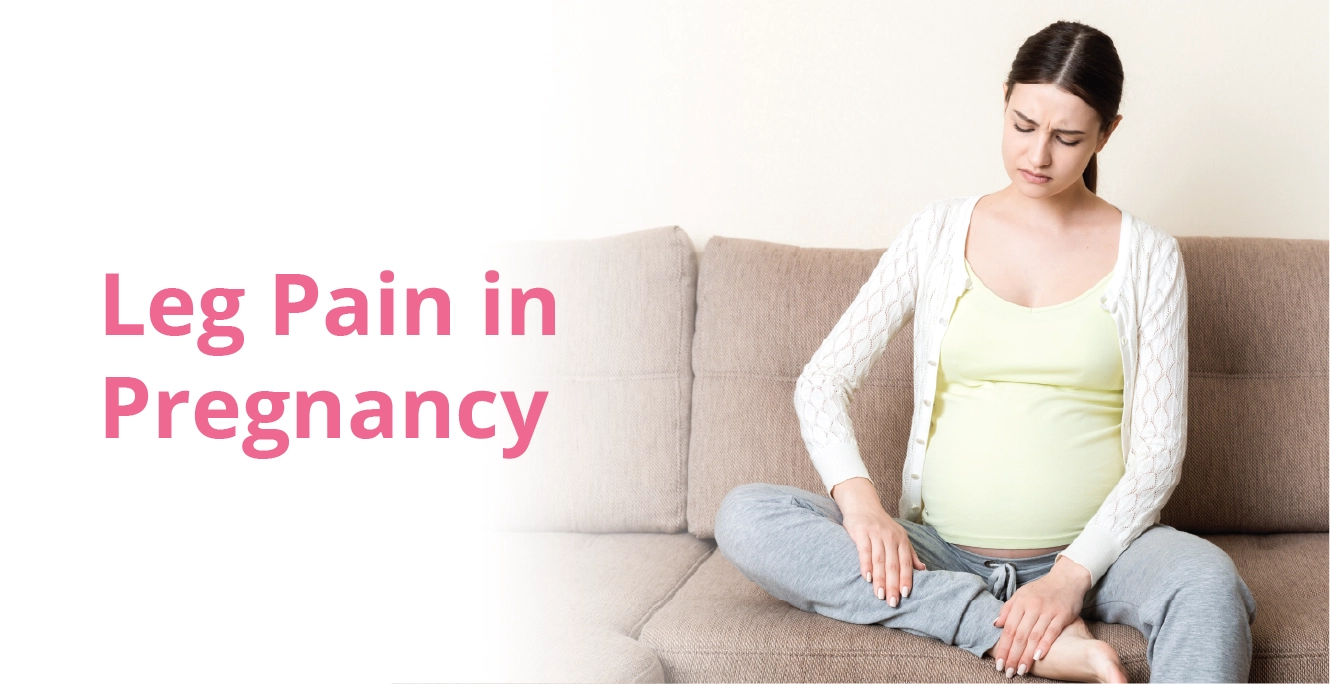
Abdominal Pain During Pregnancy

Table of Contents
- Common Causes of Abdominal Pain During Pregnancy
- Serious Causes of Abdominal Pain During Pregnancy
- Diagnostic Tests for Abdominal Pain
- Abdominal Pain in the Three Pregnancy Trimesters
- Upper Abdominal Pain During Early Pregnancy
- Lower Abdominal Pain in Pregnancy
- How to Ease Abdominal Pain During Pregnancy?
- Does Abdominal Pain During Pregnancy Signal Miscarriage?
- When should you consult a doctor?
- Wrapping it up!
- FAQs
- Q: Can abdominal pain cause miscarriage?
- Q: Which month is the most painful in pregnancy?
- Q: Why does lower abdominal pain occur in pregnancy?
- Q: How to get relief from abdominal pain in pregnancy?
- Q: What serious conditions need urgent treatment in Pregnancy?
- Q: Which part of your stomach hurts in early pregnancy?
Pregnancy is a beautiful journey that comes with multiple changes in women, and these can be both emotional and physical. As your baby grows in the uterus, your body works hard to nurture them, and this may cause you discomfort sometimes. You may experience pain in different organs, the most common being back pain and abdominal discomfort. While some abdominal pain during pregnancy is normal, certain types of pain can signal a more serious issue. It is therefore important to understand the different causes of abdominal pain and when to seek medical attention.
Common Causes of Abdominal Pain During Pregnancy
There are certain normal changes that the body goes through during pregnancy, which can lead to abdominal discomfort without posing any risk to the mother or baby.
- Stretching of ligaments (Round ligament pain): As your uterus expands, the round ligaments that support it stretch and thicken. This can cause a sharp, stabbing pain on one or both sides of your lower abdomen. Round ligament pain is most common during the second trimester and is usually harmless.
- Gas and bloating: Rising progesterone levels during pregnancy may slow down the digestive process. This can lead to gas, bloating and mild abdominal cramps, particularly after meals
- Constipation: Progesterone relaxes the intestinal muscles, which makes bowel movements slower and harder. This often leads to constipation, abdominal heaviness, and a feeling of fullness.
- Muscle strain: As the size of the belly increases during pregnancy, abdominal muscles stretch and work harder to support the extra weight. This can result in soreness and mild aching in the abdomen.
- Braxton Hicks contractions: Also known as false labour, these are sporadic uterine contractions that can cause abdominal pain and tightening. They are most common in the third trimester and are usually not a cause for concern.
Did you Know
The increase in blood flow during pregnancy by 30–50% can lead to heartburn and indigestion, which are usual suspects for abdominal discomfort. Simple lifestyle tweaks like staying hydrated and eating smaller, more frequent meals can significantly ease these symptoms.
Serious Causes of Abdominal Pain During Pregnancy
While most cases of abdominal pain during pregnancy are harmless, some serious causes require immediate medical attention. These are:
- Ectopic Pregnancy: An ectopic pregnancyoccurs when a fertilised egg implants outside the uterus, usually in the fallopian tube. Symptoms may include:
- Severe abdominal pain
- Vaginal bleeding
- Shoulder pain
- Lightheadedness or fainting
If left untreated, an ectopic pregnancy can be life-threatening.
- Placental Abruption: Placental abruption occurs when the placenta separates from the uterine wall before delivery. Symptoms may include:
- Severe abdominal pain
- Vaginal bleeding
- Uterine tenderness
- Contractions
Placental abruption can be dangerous for both the mother and the baby and requires immediate medical attention.
- Preterm Labour: Preterm labour is labour that begins before 37 weeks of pregnancy. Symptoms may include:
- Regular contractions
- Abdominal pain or pressure
- Lower back pain
- Vaginal discharge or bleeding
If you suspect preterm labour, contact your healthcare provider immediately.
- Miscarriage: Vaginal bleeding along with pain in the lower abdomen may indicate a miscarriage. The pain may feel like menstrual cramps and can be persistent.
- Preeclampsia: This is a serious condition related to high blood pressure. It may cause severe pain in the upper abdomen, especially under the ribs on the right side, along with swelling, headache and vision changes.
- Urinary Tract Infection (UTI): A burning sensation while passing urine, lower abdominal pain, fever, or frequent urge to urinate can indicate a urinary tract infection. Untreated UTIs can lead to kidney infection and complications in pregnancy.
Diagnostic Tests for Abdominal Pain
To identify the cause of abdominal pain, doctors may recommend:
- Ultrasound to check the baby and uterus
- Urine test to detect infection
- Blood tests to monitor health indicators
- Blood pressure monitoring for signs of preeclampsia
- Physical examination to assess muscle or ligament strain
Abdominal Pain in the Three Pregnancy Trimesters
The causes of abdominal pain can vary depending on the stage of your pregnancy.
In the first trimester, abdominal pain is often due to implantation, hormonal changes, gas, or early ligament stretching. However, this is also the time when miscarriage symptoms may appear, so pain with bleeding should not be ignored.
In the second trimester, the uterus expands rapidly. Round ligament pain is common during this stage. Digestive issues may also continue due to hormonal effects.
In the third trimester, abdominal pain is frequently due to the weight of the baby, muscle strain, Braxton Hicks contractions, or pressure on internal organs. Pain may increase with movement or prolonged standing.
Upper Abdominal Pain During Early Pregnancy
Upper abdominal pain is often caused by acidity, gas, or slow digestion due to hormonal changes. This discomfort may worsen after meals or when lying down. However, severe pain with headache, swelling, or blurred vision may signal preeclampsia and requires prompt medical evaluation.
Lower Abdominal Pain in Pregnancy
Lower abdominal pain is commonly due to ligament stretching, constipation, or pressure from the growing uterus. This pain often changes with movement or position and is usually mild. Persistent, sharp, or worsening pain should be checked by a doctor to rule out complications.
How to Ease Abdominal Pain During Pregnancy?
If you are experiencing mild abdominal pain during pregnancy, there are several ways to find relief:
- Adequate Rest: Take breaks throughout the day and get plenty of sleep at night.
- Gentle exercises: Walking, prenatal yoga, and stretching can help alleviate abdominal pain and improve overall comfort.
- Heat therapy: Applying a warm compress or taking a warm bath can help soothe sore muscles and ease cramping.
- Proper nutrition: Eat a balanced diet with plenty of fruits, vegetables, and whole grains to prevent constipation and other digestive issues.
- Hydration: Drink plenty of water throughout the day to stay hydrated and prevent constipation.
If your abdominal pain is severe, persistent, or accompanied by other symptoms such as vaginal bleeding or regular contractions, contact your healthcare provider immediately.
Ayurvedic Insight!
In Ayurveda, the traditional Indian system of medicine, cumin seeds boiled in water are believed to support digestion during pregnancy when used in moderation. This natural remedy may help with mild gas-related discomfort, but always consult your doctor before trying new treatments.
Does Abdominal Pain During Pregnancy Signal Miscarriage?
No. Abdominal pain during pregnancy can be due to multiple reasons and does not guarantee a miscarriage. Sometimes pain may occur due to digestive changes or muscle strains, and these are nothing to be worried about. However, any severe or persistent pain should be checked by a doctor to ensure everything is progressing normally.
Characteristics of miscarriage pain in early pregnancy:
- It is usually felt in the lower abdomen or lower back.
- It may feel like strong menstrual cramps.
- It often comes in waves and becomes more intense over time, usually accompanied by spotting or heavy bleeding.
- Pain that comes with bleeding is not normal and needs immediate medical attention.
When should you consult a doctor?
Though mild discomfort is very normal in pregnancy, it is important to consult a doctor if you are experiencing any of the following symptoms:
- Severe or persistent abdominal pain
- Vaginal bleeding
- Regular contractions
- Fever
- Chills
- Painful urination
- Lightheadedness or fainting
Wrapping it up!
Abdominal pain or discomfort, in many cases, is your body’s natural way of nurturing a new life. Therefore, it is important to understand what can be normal and what should not be ignored. Anything unusual or severe discomfort that comes with other symptoms, such as bleeding, needs medical attention. If you have any doubts regarding your pregnancy journey, feel free to reach out to our experts at Birla Fertility & IVF.
FAQs
Q: Can abdominal pain cause miscarriage?
Abdominal pain itself does not cause miscarriage, but it can be a symptom of miscarriage when it is accompanied by bleeding.
Q: Which month is the most painful in pregnancy?
Discomfort usually increases during the third trimester due to the baby’s weight and muscle strain.
Q: Why does lower abdominal pain occur in pregnancy?
It is commonly due to ligament stretching, constipation, gas or pressure from the growing uterus.
Q: How to get relief from abdominal pain in pregnancy?
Rest, hydration, small meals, gentle movement and warm compresses often help.
Q: What serious conditions need urgent treatment in Pregnancy?
Preeclampsia, miscarriage symptoms and urinary tract infection require prompt medical attention.
Q: Which part of your stomach hurts in early pregnancy?
Pain is usually felt in the lower abdomen due to the growth of the uterus and stretching of the ligament.
Our Fertility Specialists
Related Blogs
To know more
Birla Fertility & IVF aims at transforming the future of fertility globally, through outstanding clinical outcomes, research, innovation and compassionate care.
Had an IVF Failure?
Talk to our fertility experts

 Our Centers
Our Centers











